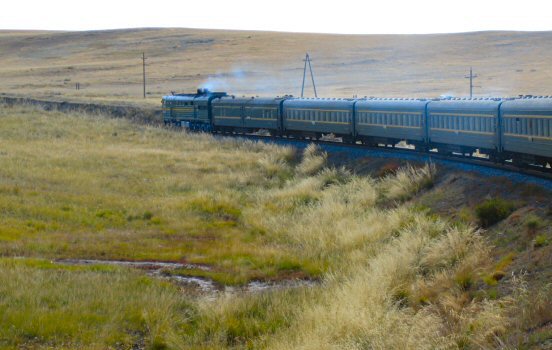I found myself bunkered in a cabin on a night train from Helsinki to Moscow, flanked by a Russian couple whose smiles betrayed the same mix of curiosity and fatigue I’d been nursing since Europe’s civilized rhythms gave way to endless birch forests.
But being on a train in the middle of nowhere, the only source of information was my fellow passengers and a radio in Russian language. The Russian couple translated a radio broadcast for me, that a plane had crashed near Perm, with whispers of eighty lives lost and major damage to the Trans-Siberian railway. Since I was about to board that very line and steam toward Perm a few days hence, I listened closely.
I wandered into the restaurant car of the train and had a chat with a Russian guy. He said that a member of the presidential staff was among the casualties, and claimed that there already was ten different versions on what had caused the accident. His cynicism about how the authorities handled things was worlds apart from the young couple’s hopeful yet weary outlook.
 On the Trans-Siberian railway.
On the Trans-Siberian railway.
I thought back to the chaos after 9/11 attacks in New York, when rumours flew faster than facts, and how little I really knew when the world shifted under our feet. I remembered being in Boston when riots suddenly touched my hometown, and all I got was small bits of information.
There was nothing but birch and track and the shadowy shape of Perm ahead. The train was my fortress and my plane of vulnerability, all at once.

Comments
No comments yet.
Leave a reply